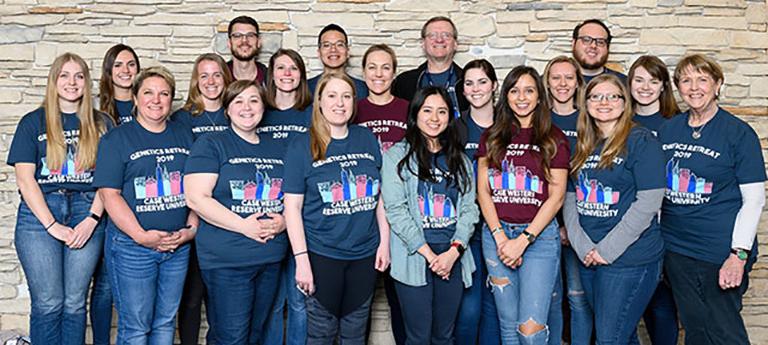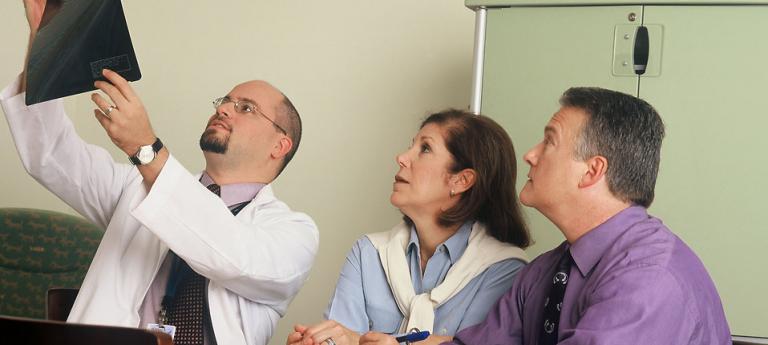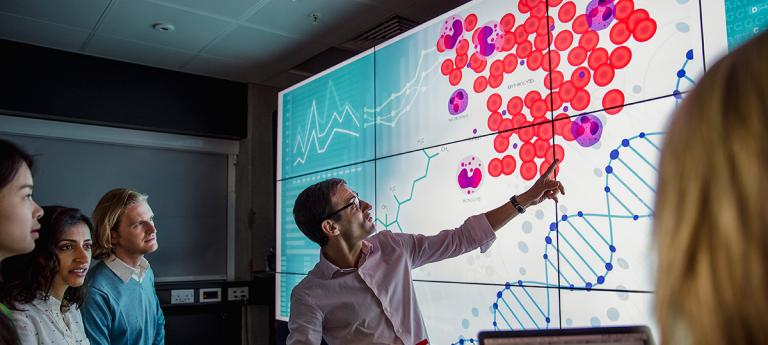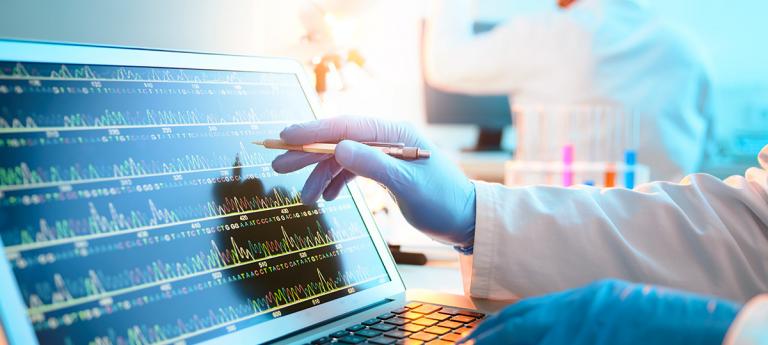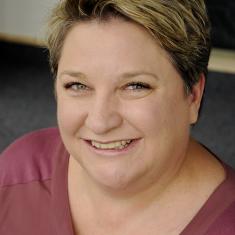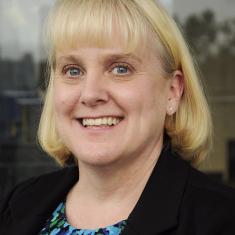What to Expect
Throughout your training, you’ll work alongside our esteemed faculty, your peers and postdoctoral trainees in a department known for its clinical expertise as well as innovative research in human genetics. The collaboration you experience at this early stage of your career allows you to become a well-rounded professional.
In your first year, you’ll learn how to work in an interprofessional setting through a collaborative practice class. The experience of completing community-based projects alongside nursing, medicine, psychology, and social work students—among others—gives you a taste of what working in the field will look like in practice.
During your second year, you’ll take part in three, eight-week clinical rotations, two elective rotations, a two-week lab rotation, and a six-week summer immersive clinical at renowned medical centers. Plus, you can supplement your clinical skills with knowledge from related areas across campus—such as bioethics, applied social sciences and the Law-Medicine Center—as you pursue your 43 credit hours.

